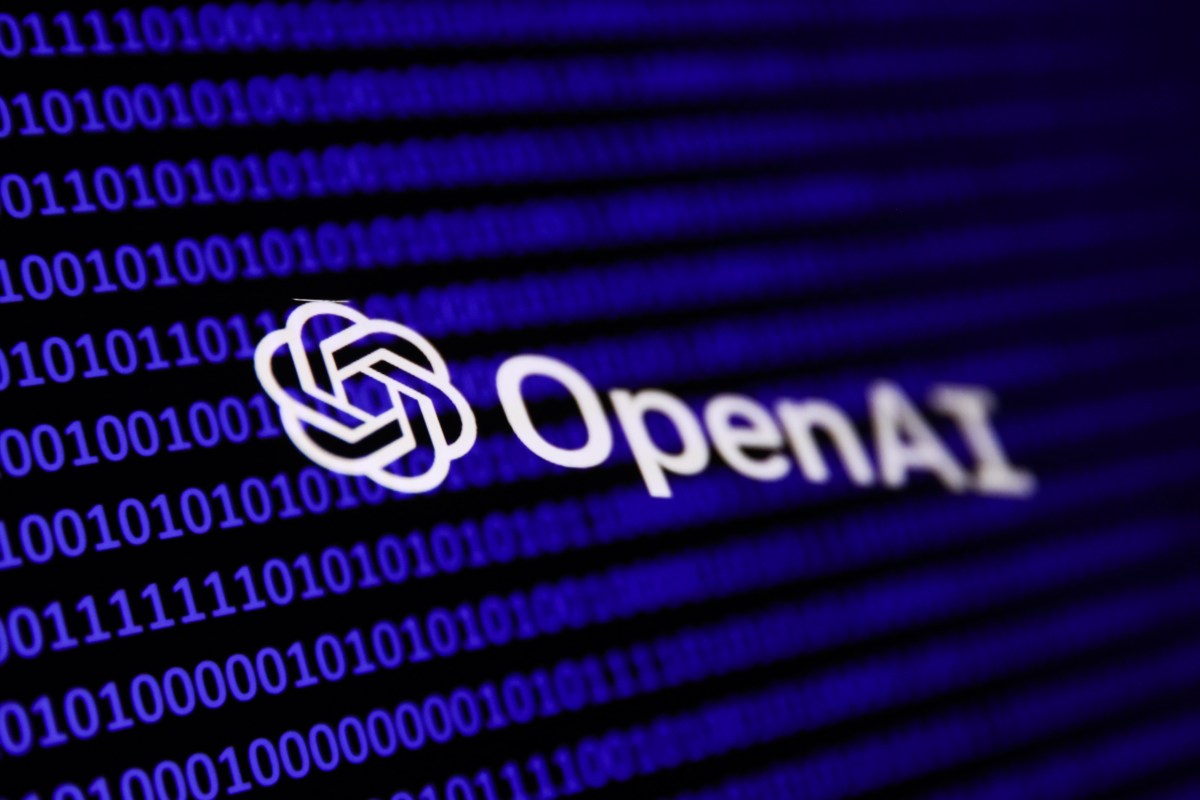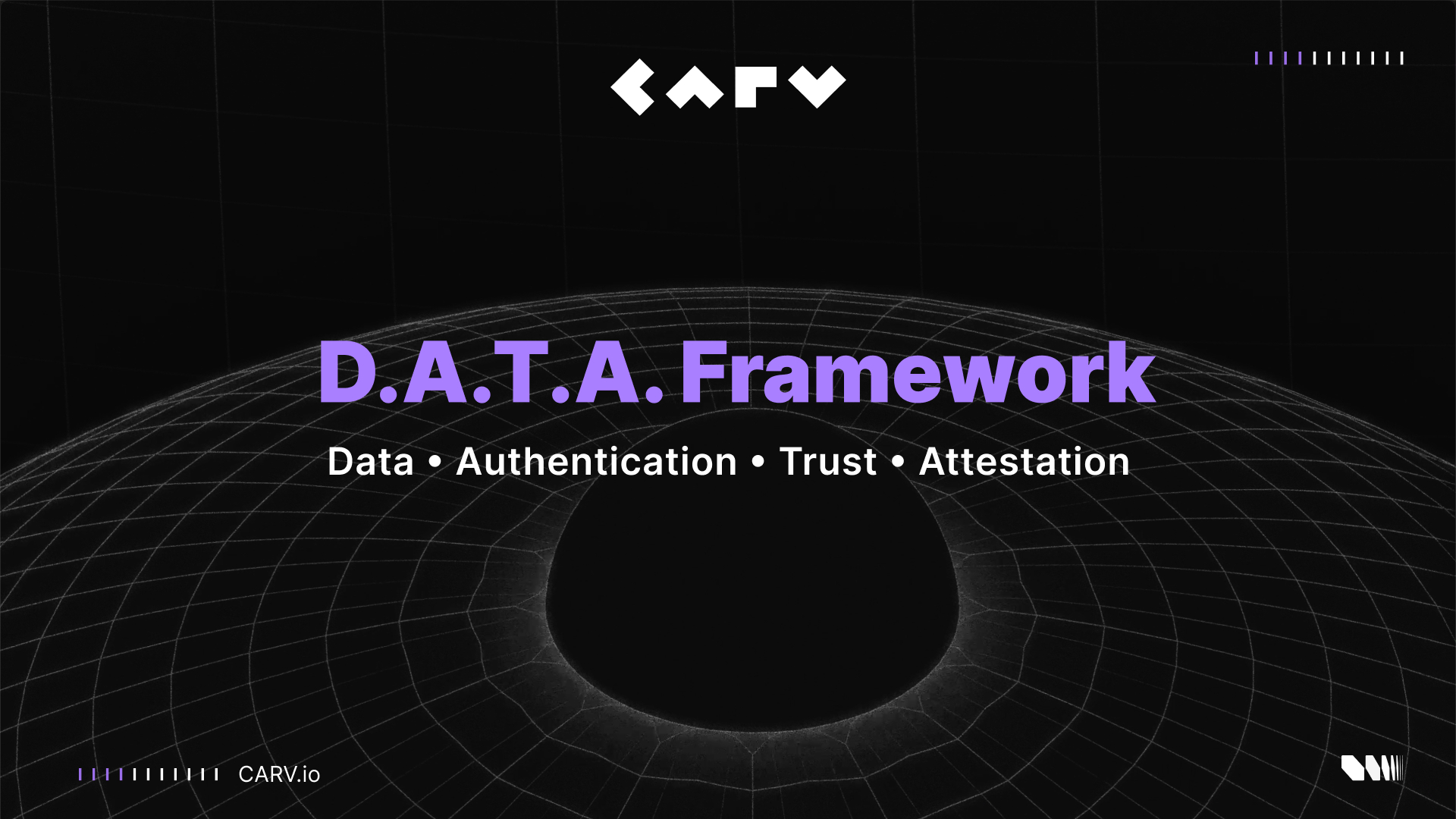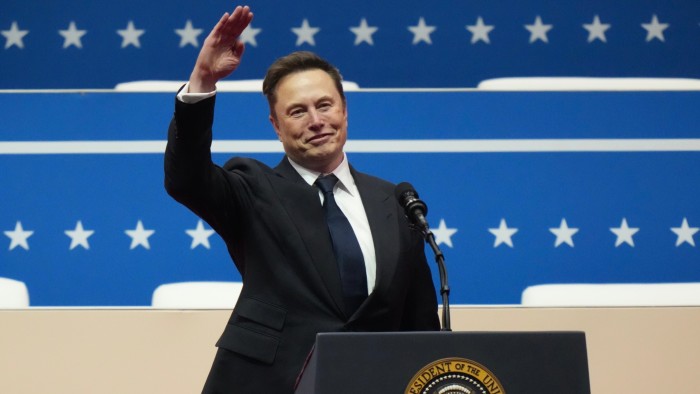Chancellor Rachel Reeves has said that the pursuit of growth “trumps” the government’s net zero commitments, as she prepares to signal her support for airport expansion in the London region, including at Heathrow.
Speaking at the World Economic Forum in Davos, the chancellor called growth the UK government’s “number one mission”.
Asked what she would do if faced with a choice between economic growth and the UK’s 2050 net zero target, Reeves said: “If it’s the number one mission, it’s obviously the most important thing.”
Her comments come as the government weighs up backing expansion plans for Luton and Gatwick airports, as well as deciding whether to signal its approval for a controversial third runway at Heathrow.
The possibility of Heathrow’s expansion threatens to split the cabinet, and will force the government to choose between its stated aims of backing “growth” and reducing the UK’s carbon emissions.
The chancellor on Wednesday said the government had already signed off the expansion of City and Stansted airports, which also serve the capital, signalling “the commitment of this government to make Britain an important trading nation”.
Speaking earlier at an event in Davos, Reeves said: “When we say that growth is the number one mission of this government, we mean it. That means it trumps other things.”
She is expected to signal in a speech next week that the government favours the expansion of Gatwick and Luton airports, whilst reaffirming her support for a third runway at Heathrow.
Heathrow’s expansion was previously opposed by Prime Minister Sir Keir Starmer and several senior Labour figures.
Some Whitehall officials believe Reeves, a supporter of Heathrow expansion, is attempting to bounce Starmer into publicly endorsing a third runway. “That’s not my assessment,” said one ally of the prime minister.
Starmer, asked about the issue in the House of Commons on Wednesday, refused to comment on “speculation”, adding: “We as a government are committed to growth. We’re committed to the aviation sector and to our climate obligations.”
In theory, Reeves reiterating her support for Heathrow’s third runway could be the political signal the airport’s management needs before deciding whether or not to push ahead with proposals this year.
Reeves on Wednesday said that any approval of the Heathrow scheme would “have collective cabinet agreement”.
In the last House of Commons vote on a third runway at Heathrow in 2018, seven members of the current cabinet voted against it, including Starmer. The others were Ed Miliband, Steve Reed, Lisa Nandy, Darren Jones, Anneliese Dodds and Hilary Benn.
But Heathrow’s management has been reluctant to revive the scheme without clear political backing. Miliband, who is now climate change secretary, threatened to resign over the issue during Gordon Brown’s government, while London mayor Sir Sadiq Khan is also still opposed.
A spokesperson for Khan this week said: “The mayor has a long-standing opposition to airport expansion around London — linked to the negative impact on air quality, noise and London’s ability to reach net zero by 2030.”
Critics argue that a huge expansion in flying is incompatible with the UK’s legally binding target to reach net zero carbon emissions, given that aviation is one of the most difficult industries to decarbonise — despite growing hopes for using “sustainable aviation fuel”.
Downing Street said this week that it still required a third runway at Heathrow to meet its four tests on carbon emissions, noise, air quality and growth. The issues of local noise and air pollution are considered by experts to be the hardest to meet on the congested west London site.
Meanwhile Reeves, who spent Wednesday meeting bankers and investors in Davos, repeated her backing for aggressive deregulation and the need to clear the way for more building.
“There is always a reason not to invest, not to build,” she said. “There are bats and newts. It might add something to carbon emissions in 20 years’ time.”
Asked about whether she might change the tax regime around pensions at her next Budget in the autumn, Reeves declined to rule it out, noting only she had not changed the current regime in her first Budget.
Reeves has been attempting to reassure businesses that the UK has a clear growth plan following a damaging sell-off in government bonds this month.
She also promised to examine routes for high-skilled workers to come to the UK as the country attempts to attract talented individuals in sectors such as AI and life sciences.
However her task of wooing investors has not been made easier by continued concern about the state of the UK public finances — and the country’s vulnerability to a further sell-off in global bond markets, which would add to its debt interest burden.
Government borrowing reached £17.8bn last month, £10.1bn more than in December 2023, and the third-highest in any December on record, according to the Office for National Statistics.

































You must be logged in to post a comment Login